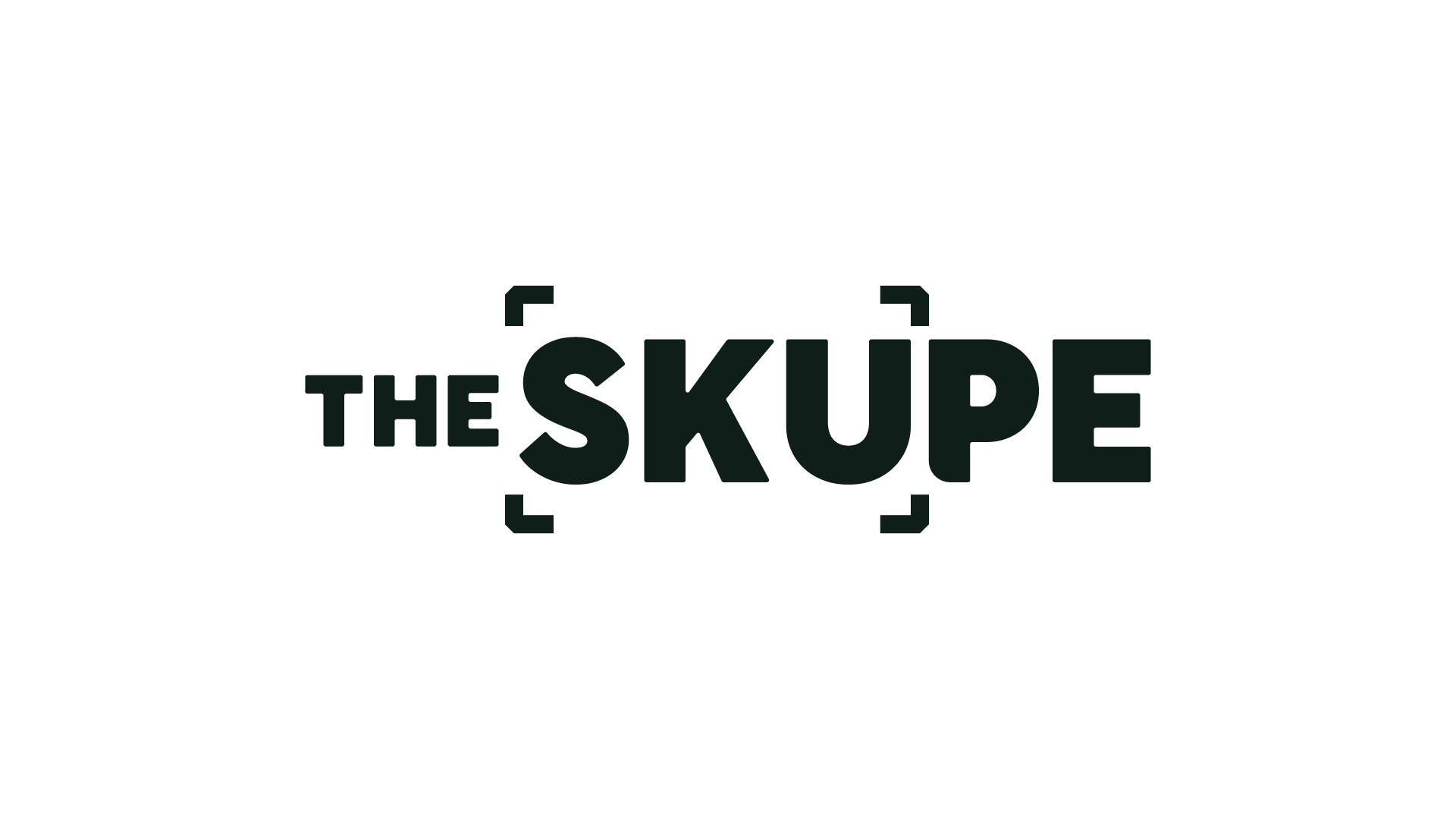Plus: A retail hiring dip you should see coming
Money matters. When you're launching a business, keeping it running and growing it, cash is king.
This week, we’re diving into some small business grants that might give you a boost. Plus, we sat down with a local bank branch manager to get the inside scoop on what it really takes to secure credit.
We also examine why climate change is killing small businesses, why fake signups are on the rise and how small business owners are becoming citizen developers.
But first, there's nothing like a 0% discount. Oops.

Mother Nature. Extreme weather is hurting small businesses.
Heard of it? Utah’s most small business-friendly city.
Trending upwards. Small businesses see sales increase in July.
Fraud alert: What to know about the rise in fake signups.
Staff shortage ahead? Retail job losses increase in latest report.

Dollars & sense: A branch manager’s small business checklist
Chicago-based U.S. Bank branch manager Jessica Werner spends her days assisting small business owners. She says it’s a must to separate personal and business expenses and accounts, but that personal credit is extremely important when accessing business credit. Here, she shares what banks look for when approving lines of credit and what SMBs can do to stay on top of funding opportunities. —Marcy Medina
How does your role as bank manager help SMB owners?
I manage a team of bankers to ensure we are equipped to service and provide consultative financial advice to our clients. I work closely with the other lines of business within the bank, such as Small Business Banking, Commercial Banking, Wealth Management, Mortgage, Payments and Treasury Management. A client may need the expertise of each partner, so it's my job to identify the need and recommend solutions with a referral to one or more of these business partners.
What should a small business owner include in a pitch to investors or banks?
They need to showcase what they have done on their own by sharing their total revenue for the prior and current year, and what they are projected to earn. Start early with an accountant so that your paperwork is ready to go and organized. Ensure you're separating personal vs. business expenses and earnings.
What do lenders look for before approving a small business loan?
They will want to know the industry you’re in and number of years you’ve been in business, your total sales and your revenue per year, your ownership structure and percentage of ownership. They’ll also need to see the last two years of business and personal tax returns. They will also check both your personal credit score and your business credit score, and your personal finances and personal credit score need to be aligned. Lenders want to know what you have been doing personally before they can take the risk on business liabilities.
Where do most small business owners get funding? Are there any grants and loans that small businesses often overlook?
Most business owners have to use their own personal assets and capital to get started. That is the primary source to get started. Next would be finding investors or local grants such as from the town or city where your business is located. Score.org is a great resource in Chicago. It's not a one-time search and application; rather, it’s something a business owner should seek every few months because new grant initiatives are always being introduced. There is usually not enough word out there for these, so you, as the business owner, have to research.
I would start at the local level. Other business owners want to help each other out! You should also shop banks to see what business loans they offer. Start with the bank where your personal accounts are held because generally, you have an established relationship with the bank.
How much cash does a business need to stay safe?
There isn't a set amount that makes it safe, but rather finding the comfortable spot where you have enough cash to prevent disrupting your everyday business activities. It's crucial to have access to cash if your balances are low. Having a business line of credit (secured or unsecured) provides the surety that your business can proceed with large transactions without having to wait for payments received from your vendors. It is important to have a 30- to 90-day window for inflows and outflows. A line of credit gives you that flexibility.

Need funding? Here are 6 small business grants that close soon
If you need access to capital to cover start-up costs, manage day-to-day expenses, invest in growth opportunities and stay competitive, then a small business grant can be a lifesaver. These six grants could be a fit for your business: Empowerment Grant for Small Business Growth, Philadelphia Business Strengthening Grant, Maryland Agricultural Storage Solutions Grant, Women Empowerment Growth Grant, Visionary Women Entrepreneurs Grant and Small Business Innovation & Small Business Innovation & R&D Grant.
Why this matters: Dependable and timely funding is key for SMBs to be able to launch, grow and contribute to the economy over the long term, so keep tabs on resources that highlight the latest grant opportunities. (Grant Watch)
Tariff uncertainty hits harder for America’s 35M small businesses
We all know the problems SMBs face with unstable and high tariffs. What’s the remedy? According to SMB owners, reshoring will help, but it can only be achieved with legal immigration and significant investments in job training. Universities and trade schools can teach not only core management skills but also increase their focus on small firms and the challenges they face. And the SBA could offer more affordable financing, restructure existing loans and offer more education on the new regulations.
Why this matters: As of two years ago, 97% of the U.S. companies that imported goods were small businesses, not to mention nearly half of all working Americans are employed by small businesses. That means any shift in trade policy or import costs, like tariffs, doesn’t just affect large corporations; it hits Main Street directly. For small business owners already managing tight margins, this kind of uncertainty can make planning, pricing and growth feel like a moving target. (The Conversation)

American Eagle responds to Sydney Sweeney ad backlash
What’s up with Starbucks' new customer experience?
Columbia vs. Columbia: Sportswear giant sues Ivy League university
Want advice from other retailers? Have questions? Click here
Why large-scale retail distribution isn’t for everyone
Omnichannel isn’t tech—it’s trust
“[Omnichannel] is one of those words that’s been around so long it risks becoming meaningless, yet the reality is, most brands still haven’t figured out how to deliver on the promise…The real work of omnichannel isn’t in infrastructure. It’s in intimacy."
– Leigh Sevin, co-founder, Endear
Treating your in-store customer and your online customer as two different people means you’ll miss out on opportunities to drive sales and build relationships that keep people coming back, says Leigh Sevin, cofounder of CRM and clienteling platform Endear. Her four top ways to fix that are: empowering your store associates to act like marketers; investing in relationship structure, not just point of sale systems; unifying data silos to give a more holistic customer snapshot; and looking at both what drove a sale online and offline, and rewarding those teams accordingly.
Why this matters: Sevin says, “What customers care about is whether you remember them. Whether you understand what they want. Whether the experience feels human, even if the tools behind it are digital.” (Retail Customer Experience)

Rise of the SMB developer: building your own back office
The rise of AI has allowed small business owners to become citizen developers. What once required a team of developers and big budgets has been replaced by DIY finance tech stacks with modular solutions that allow them to tailor tasks like invoicing, payments and tax estimates to their specific needs. It makes sense, since entrepreneurs understand their workflow better than anyone else, and they now have access to AI plugins that don’t require coding.
Why this matters: The DIY tech movement isn’t just about saving money, it’s about gaining control, visibility into operations and agility that allows the flexibility to act quickly. (PYMNTS)

Thanks for reading this week's edition!
You can reach the newsletter team at theskupe@mynewsletter.co. We enjoy hearing from you.
Interested in advertising? Email us at newslettersales@mvfglobal.com
The SKUpe is curated and written by Marcy Medina and edited by Bianca Prieto.






Comments ()